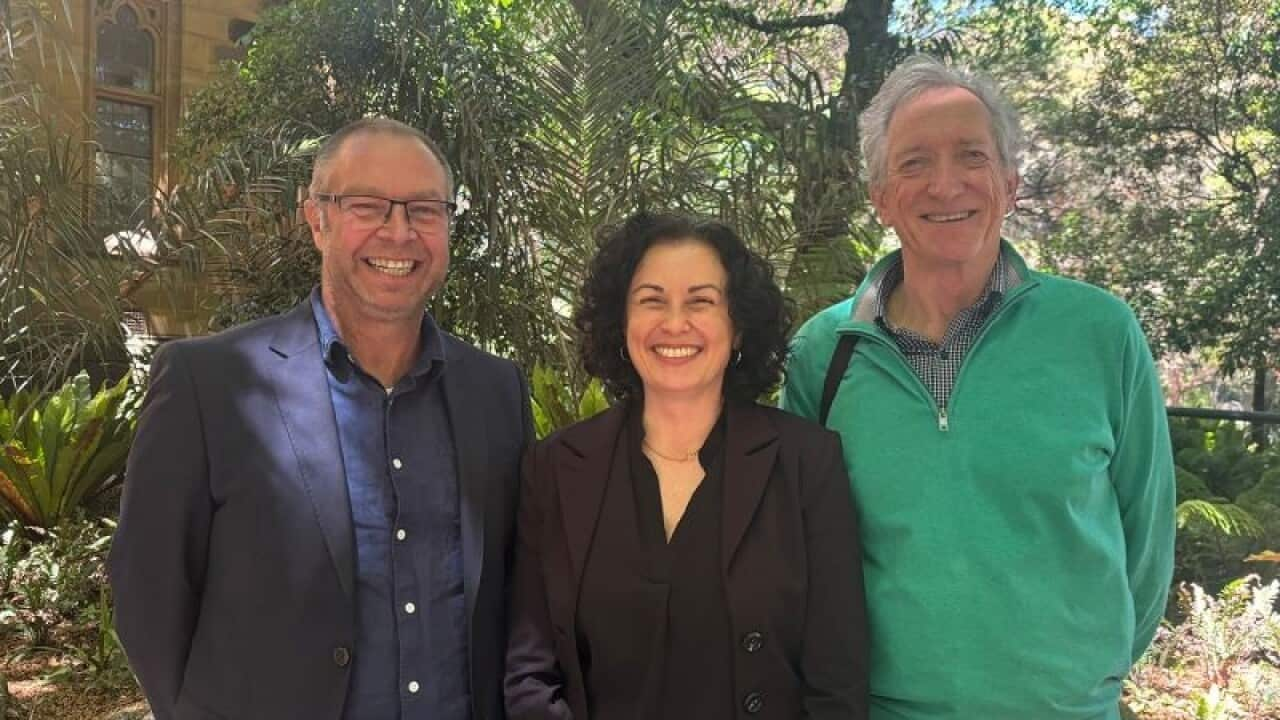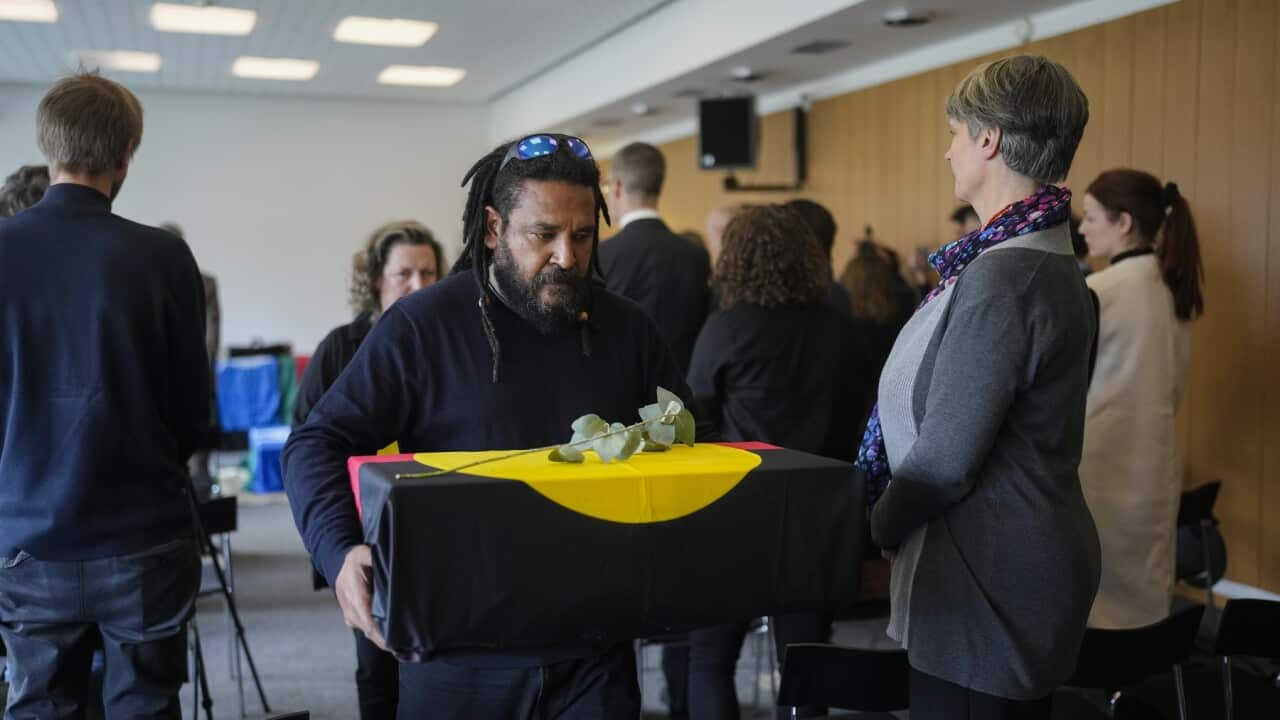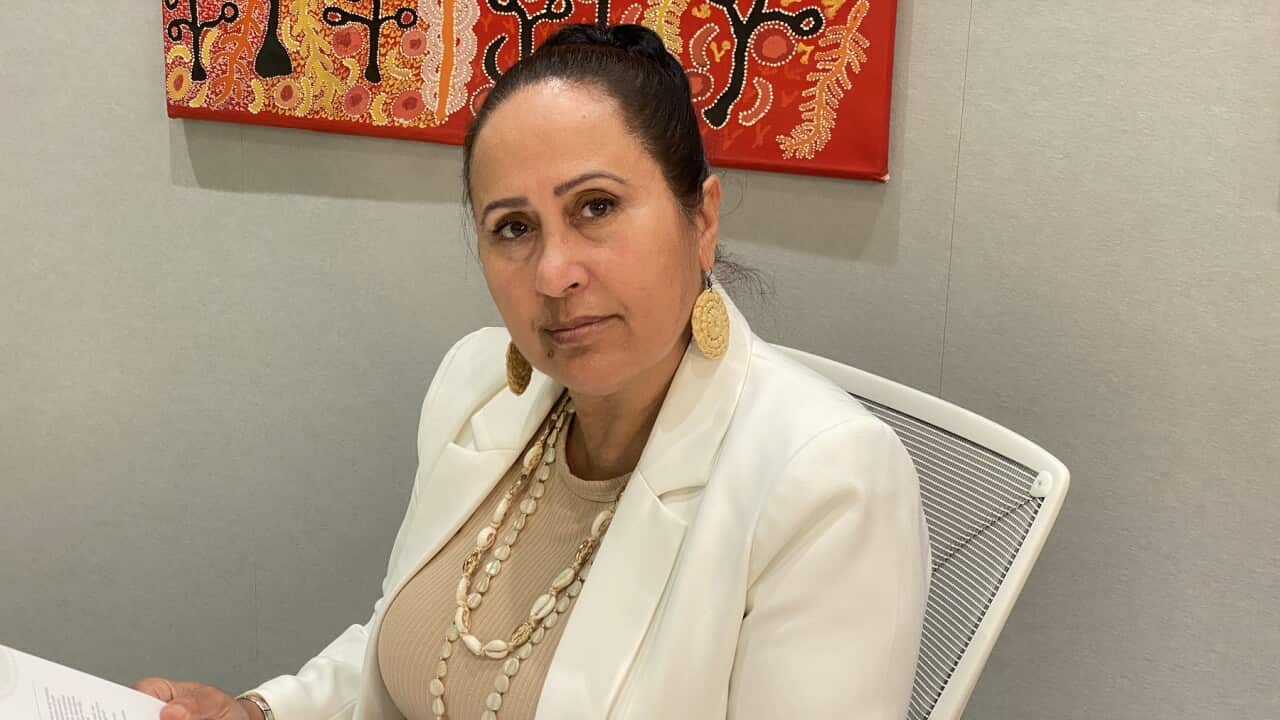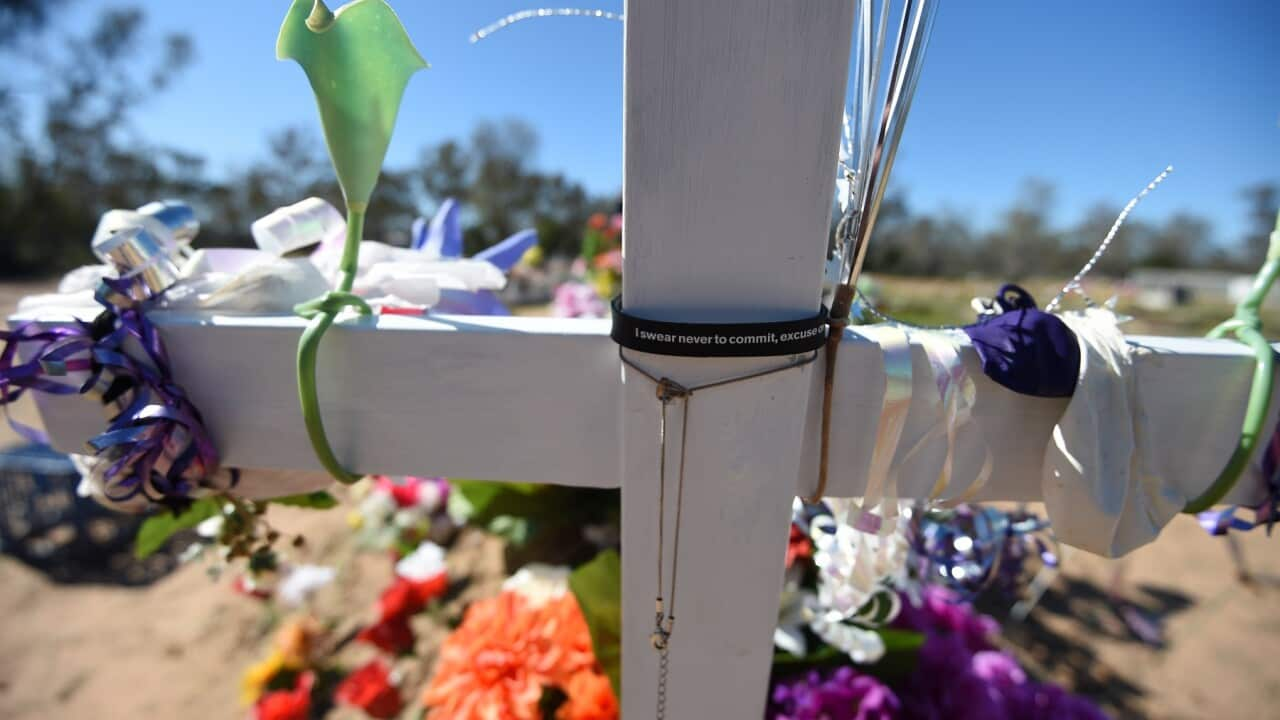TRANSCRIPT
It is often said that history is written by the victors.
Indeed, for generations the education and common understandings of Australian history have been - for many - both narrow in scope and limited in the inclusion of First Nations perspectives.
The history and colonisation of Australia and its Indigenous peoples is, more often than not, told through a colonial lens, in books, art, and documents compiled and completed by non-Indigenous historians.
Now, a new project underway at the University of Melbourne and La Trobe University is aiming to change that.
"This is a vitally important project because it does ask Aboriginal and Torres Strait Islander people what they think of history and what they see as most important in the story of Australia. So we are pushing the boundaries of what Australian history is and should be. It is a documentary history but we are moving beyond simply going to archival collections and researching pieces of paper to include documents that Indigenous people themselves may see as important. So, artefacts, artworks, Country itself, and the stories that Country tells people about Australia's ancient past."
That was Professor Barry Judd, a descendant of the Pitjantjatjara people of northwest South Australia and the Deputy Vice Chancellor Indigenous at the University of Melbourne.
He is also the co-leader of the Ngura Ninti project.
Ngura Ninti means 'knowing home', and the million-dollar project is the first of its kind, compiling a four-volume collection of key documents that tell the story of Australian history from an Indigenous perspective.
"This means an opportunity to curate a collection of national and global significance that presents the history of Australia from an Indigenous perspective. I think it's wrong to talk about Aboriginal and colonial histories - the truth of the last two centuries is a shared truth. But it's also true to say that that history has almost never been told from an Indigenous perspective. And this collection will do that."
Professor Judd says regional editors will consult with Indigenous communities in the choosing of documents, ensuring Aboriginal leadership and direction throughout the process.
He says this is the largest ever Aboriginal-focused documentary collection ever produced.
Katherine Ellinghaus is an Associate Professor of History at La Trobe University and is also co-leading the project.
"We've put together an incredible team of regional editors spread across four regions: the west, the centre, the northeast and the southeast. And each of those people are incredible experts in their fields. They are scholars from a whole range of disciplines and also some curators in the mix. And they have extensive networks and experience with working with Indigenous communities. So we're reaching into our networks and into their networks, to be able to consult with communities across Australia, to try to see what kind of documents, broadly defined, that they would like to include in the collection."
The project's directors hope the final collection will be held in schools and libraries across Australia, with hardcopy and digital versions available as resources for students, teachers and anyone who wants to learn.
Professor Ellinghaus says the priority is delivering to schools and areas with large numbers of Indigenous students.
"We also are thinking of doing things like maybe an app or some educational resources so that teachers will feel empowered to use it in classrooms. But we're really hoping it will be a ubiquitous resource, a new way of understanding Australian history that will be used all over the place and to be part of a really better understanding of our history in this country and that will help us move forward as a nation."
As many remaining documents from early colonisation in Australia were created by colonial officers, explorers and politicians, the project stresses that the term 'documents' is broadly defined.
LaTrobe Emeritus Professor Richard Broome is also co-leading the project.
"We're trying to take a broad view of what a document is. Historians have often thought of documents as just pieces of text they find in manuscript collections or government archives. We're wanting documents to be community voices, they might be oral histories and things, or even paintings and artworks, so that the community has a means of expressing what they want to say about their past, in their own terms, in the way they'd like to do it. And so, in a sense, we're revolutionising what you would think of as a documentary collection in history."
Richard Broome says the community consultations aim to give autonomy over Australian history back to First Nations Australians, to understand how they were and continue to be affected by decisions of the past.
"We might give communities a piece of explorers' journal that said particular things about this community and say, What do you think about that? Or we might give them an Act of Parliament that was an event in the past that shaped that community's outcomes and history - what does the community now think about it, and what do they want to say about this act of parliament that was put upon them? And so this has got the chance to say what they felt about it and they weren't asked at the time."
Michelle Broun is a Yindjibarndi woman from the Pilbara region in Western Australia.
With a background in art curation and research, she is one of the project's regional editors in Western Australia.
"I think for me, I’d like to break down some stereotypes of Aboriginal people that the general Australian population might hold, and a way to connect with other Aboriginal people across Australia, and with non-Aboriginal people, and ways that promote understanding, and maybe some (move) towards a future of justice and equity."
Professor Judd says he hopes the project will give all Australians a better understanding of their home.
"I think it's very important to document this history. Most Australians, regardless of whether they're Indigenous or non-Indigenous, do not have a really good understanding of the history of Australia, ancient or modern, and this collection will provide an important resource from an Indigenous perspective, that all Australians will be able to learn from."













